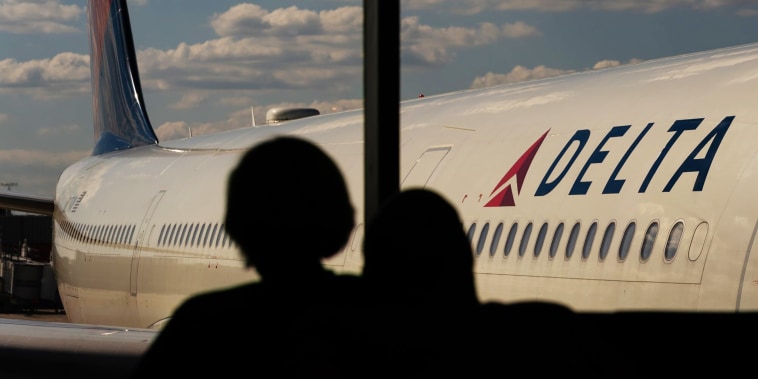
Sky High Ambitions: Delta’s Rise to Luxury Airline Status and United’s Strategy to Catch Up
Delta Air Lines has created a reputation for itself as a luxury airline in America. This feat has set them apart from their competitors, particularly United Airlines. Let’s delve into how Delta established itself as a premier airline in the industry and explore the strategies United is looking to implement to compete with their rival.
Delta’s transformation into a luxury airline has been a deliberate and multifaceted process. One key aspect of their strategy is the focus on enhancing customer experience. By investing in newer aircraft with modern amenities, such as state-of-the-art entertainment systems and spacious seating configurations, Delta has been able to offer passengers a premium travel experience. Additionally, the airline has made significant upgrades to their lounges and airport facilities, providing travelers with a luxurious environment from the moment they step foot in the airport.
Another crucial factor contributing to Delta’s luxury image is their commitment to exceptional customer service. Delta has placed a strong emphasis on training their staff to deliver top-notch service, ensuring that every interaction with passengers is positive and memorable. This dedication to customer satisfaction has helped Delta cultivate a loyal customer base that values the premium experience the airline provides.
In contrast, United Airlines has struggled to match Delta’s luxury positioning. United has historically been perceived as a more budget-friendly option, focusing on offering competitive prices rather than a high-end experience. However, in light of Delta’s success, United has recognized the importance of redefining their brand to attract a more upscale clientele.
To compete with Delta, United is looking to make significant investments in upgrading their fleet and amenities. By introducing new aircraft with improved features and more comfortable seating options, United aims to enhance the overall travel experience for passengers. Additionally, the airline is working on revamping its lounges and customer service training programs to align with the standards set by Delta.
United is also exploring opportunities to differentiate themselves from Delta by offering unique services and amenities. By identifying areas where they can excel, such as personalized customer experiences or innovative in-flight entertainment options, United hopes to carve out a niche for themselves in the luxury airline market.
Ultimately, the competition between Delta and United highlights the importance of differentiation and innovation in the airline industry. By focusing on providing a premium travel experience and continually seeking ways to improve, airlines can attract and retain customers in a competitive market. As United works to elevate its brand and compete with Delta’s luxury image, passengers can expect to see exciting changes that aim to redefine the standard of air travel in America.
